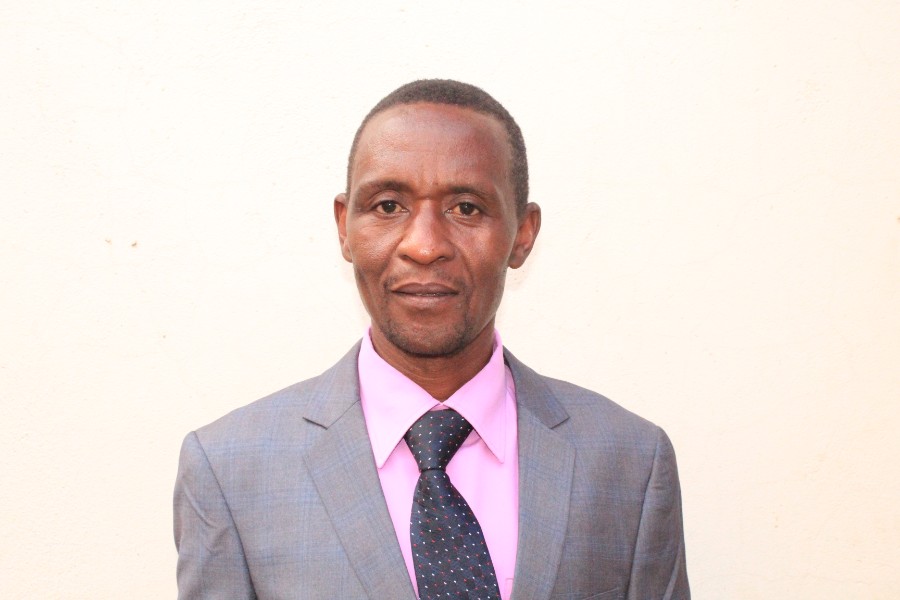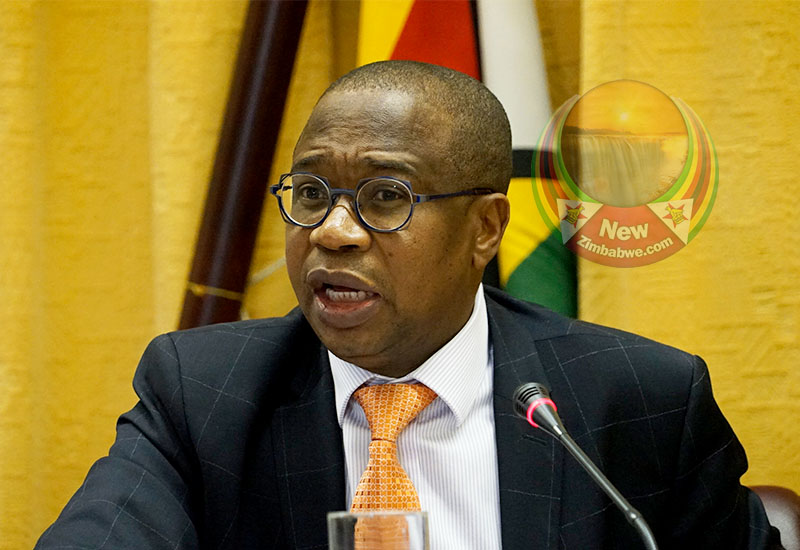No Radio or TV signal in Rushinga since 1980

Tendai Nyabani
The only sound ‘we get is birds chirruping’ – laments Zanu PF MP
LEGISLATORS have expressed concern over the country’s largely stalled digital migration project with many areas still failing to receive radio and television signals more than four decades after independence in 1980.
“Information is power,” said Honourable Tendai Nyabani, the Zanu PF MP for Rushinga in Parliament last week.
“It is my wish that digitalisation should be quickly spread to the rural areas because people in the rural areas do not know about television sets or what it is.
“Especially in places like Rushinga and Mbire, the only sound we hear is when birds chirp. The radios are inaudible.”
He was speaking during debate on a report on the Zimbabwe Digital Migration project which was compiled by the Parliamentary Portfolio Committee on Information, Media and Broadcasting Services.
Many parts of the country cannot access radio and television signals with government missing the 2015 international deadline to complete the switchover from analogue to digital transmission which would have extended the geographic reach of radio and TV coverage.
Only 18 of the 48 transmitters in the country were upgraded from analogue to digital at a cost of US$50 million and MPs warned that the investment risked going to waste as the equipment could become obsolete before being used.
The failure to stump up additional funding for the importation of TV decoders (set-top-boxes) has resulted in the newly licensed television stations onboarding to the South Africa-based DSTV platform which is not accessible to the majority of Zimbabweans due to cost.

Mbizo MP Settlement Chikwinya
“You know now that we have television stations; 3K T.V, ZTN T.V and the other four which are supposed to be rolled out 18 months from the time they were given the licences,” said opposition Citizens Coalition for Change MP for Mbizo Settlement Chikwinya.
“The point to worry about is that because we still lack full digitalisation, these television stations are failing to operate whilst they are broadcasting from Zimbabwe or using Zimbabwean airwaves.
“This is why they are riding on the digital transmission by DStv which is domiciled in South Africa.”
The MPs challenged Finance Minister Professor Mthuli Ncube to make available funding for the importation of set-top-boxes to enable the majority of Zimbabweans to access the new television channels.
“So we are going to year number 43 as we celebrate independence; 43, 44 and 45, perhaps with the same dispensation or any other new dispensation – if we do not solve the issue of digitalisation, you will continue to see one television station, which is ZBC,” said Chikwinya.
“If you want to begin to transmit more television and radio stations using our own airwaves, we need to go full digitalisation as we were supposed to have done in 2015.”
Added Warren Park MP Shakespear Hamauswa; “The equipment that was bought using the above $50 million funds, tax-payers’ money, is about to be obsolete because it is not being used.
I will repeat that the Government has already used more than US$50 million and we cannot then fail as a Government to add US$3 million to make sure that the US$50 million that we have given out is actually being utilised.
“If Government fails to provide US$3 million, the US$50 million equipment will actually reach its expected lifespan without being utilised by the people of Zimbabwe.

Finance Minister Prof Mthuli Ncube
Responding Professor Ncube said Treasury had set aside funding for the importation of decoders which were expected in the country by year end.
“What we have done as Government is, the Minister of Information has sent us a request in Treasury to pay US$2 million to a supplier outside in order to acquire Set-Top Boxes (STBs),” he said
“We have paid US$2 million to the supplier and we hope to receive the STBs soon. So I can assure this House that by year end, we should receive these boxes and be able to connect most of our citizens who are currently not connected.”
The assurance was however, not enough for Rushinga MP Honourable Nyambani.

Rushinga MP Honourable Tendai Nyabani
He challenged the Minister; “What is the population that will be covered and how about some of us in the backward areas, will all of us be covered?
“How is distribution going to be conducted? What about those who cannot afford to pay, will they be made to pay? All those issues should be addressed openly so people are made aware.
“What if the set-top boxes are given to people living in the urban areas only? Did you check how many people are in the rural areas when you made the two million STBs payment?
“I encourage information which is said to be powerful to be given to everyone, be it in the urban or rural areas at the same time. So digitalisation should be done equally and fairly between the urban and rural dwellers so that no one is left behind.”







